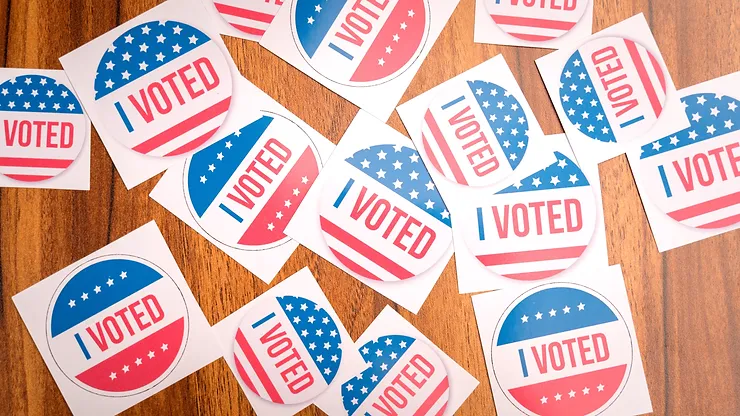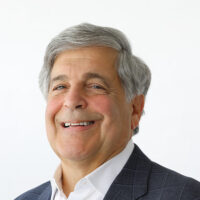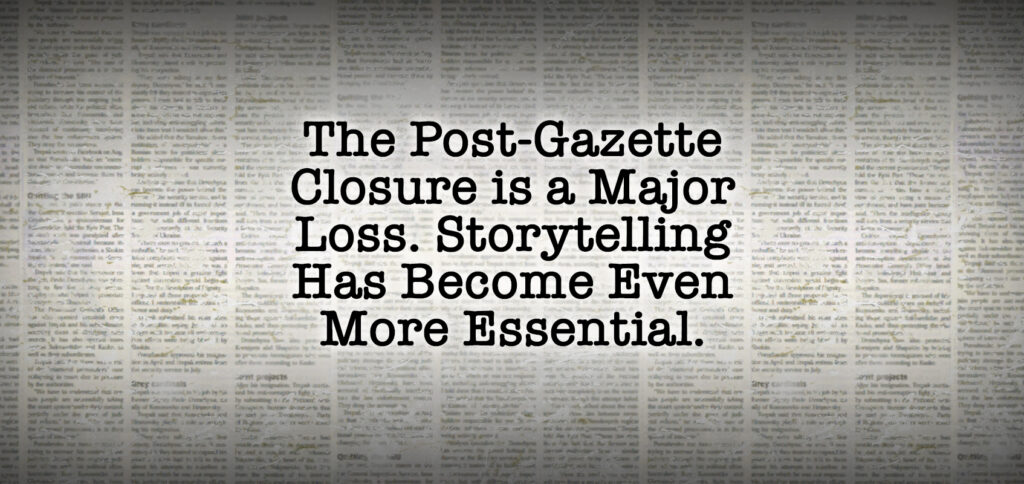
Tuesday’s Election Day was hugely consequential across Pennsylvania, but Philadelphia and Allegheny County had pretty different experiences. While Allegheny County continued in the progressive march we’ve seen nationally in cities like Chicago and Boston, Philadelphia was more of a win for the establishment.
I’ve called in some ringers from our Pittsburgh and Philly offices — director Keegan Gibson and account manager Alistair Glover, respectively — for our takeaways from a wild election night in Pennsylvania and a deeper dive on each city’s politics.
Cherelle Parker was a very good candidate
LC: Sometimes the simplest explanation is also the best one. She ran an excellent campaign, and largely avoided the sniping that consumed the last days of the race. Cherelle Parker was elected with basically the same coalition that supported Jim Kenney.
But I do not expect her to replicate Mayor Kenney. She showed on the campaign trail her ability to connect with voters and understand the different needs of various neighborhoods. And as mayor it will be important that she is out there in those neighborhoods as she was a candidate.
More than anything, the city was looking for leadership, and her strong presentation and confidence won the day for her. She will need to deal with a new City Council president as well as a fairly inexperienced City Council. That could be an advantage or disadvantage for her.
Though she won with traditional support and came across as the establishment or status quo candidate, she also has an air of independence. And if she can stay independent while at the same time tapping her reservoir of support, she’ll be successful in Philadelphia and Harrisburg.
City Council had a couple of surprises
LC: Most of the district seats will stay the same, though as of this writing, we don’t know who will win in the Bass/Anderson-Oberman match-up in the 8th. The at-large seats saw a lot more turnover, but ideologically, City Council will basically stay the same—maybe move a tad more to the left.
AG: The big question is what will happen in November with the two at-large seats reserved for the non-majority party. In the last term, one of those seats was held by a Republican, David Oh, and the other was held by the Working Families Party, Kendra Brooks.
You need nine votes to pass a bill, and 12 to override a veto. Come next year, we could have two Working Families Party members and no at-large Republicans, at which point there could be issues with Council passing bills if they’re vetoed.
The race hasn’t been called yet, but incumbent Cindy Bass has declared victory while holding on to a razor-thin margin. We’ll have to see who the new Council president will be now that Darrell Clarke is retiring. Curtis Jones, Kenyatta Johnson and Mark Squilla are the contenders for the Council presidency, upholding the long-standing practice of electing district council members to assume this role.
People didn’t vote
LC: One of the bigger stories is Philly’s overall low turnout. Even in a big, consequential election like choosing our 100th mayor, people don’t have confidence that government can do anything. We’ll see if Cherelle Parker or David Oh can change that.
One positive, though, is that more people are thinking about ways to improve our actual electoral process. The way we do things in Pennsylvania isn’t the same as the way they do things in other states, and it feels like there’s some momentum for reforms, whether ranked-choice voting, open primaries, campaign finance, or something else.
Allegheny County ≠ Philadelphia
LC: Even if the more traditional forces prevailed in Philadelphia, that wasn’t so much the case on the other side of the state. To the west, progressives have really taken over the county party, and that showed in the race for Allegheny County executive.
KG: Sara Innamorato, who came to fame by ousting a conservative Democratic incumbent for state House a couple years ago, is now the strong favorite to be Allegheny County executive. The general election will be a little closer than the Philly mayor’s race in November, but it’s still likely to be a 15- to 20-point race. She is part of the progressive Ed Gainey/Summer Lee coalition and won by eight points in a crowded field.
The big race out here will be for district attorney, similar to what Philly saw over the past few cycles. The incumbent DA is a conservative prosecutor who lost his primary to a progressive reformer. But he won the write-in vote on the Republican side. So the general election will be a rematch of the primary, with a conservative, tough-on-crime prosecutor vs. a public defender with platform of criminal justice reform.

Larry Ceisler is founder of Ceisler Media and Issue Advocacy.



